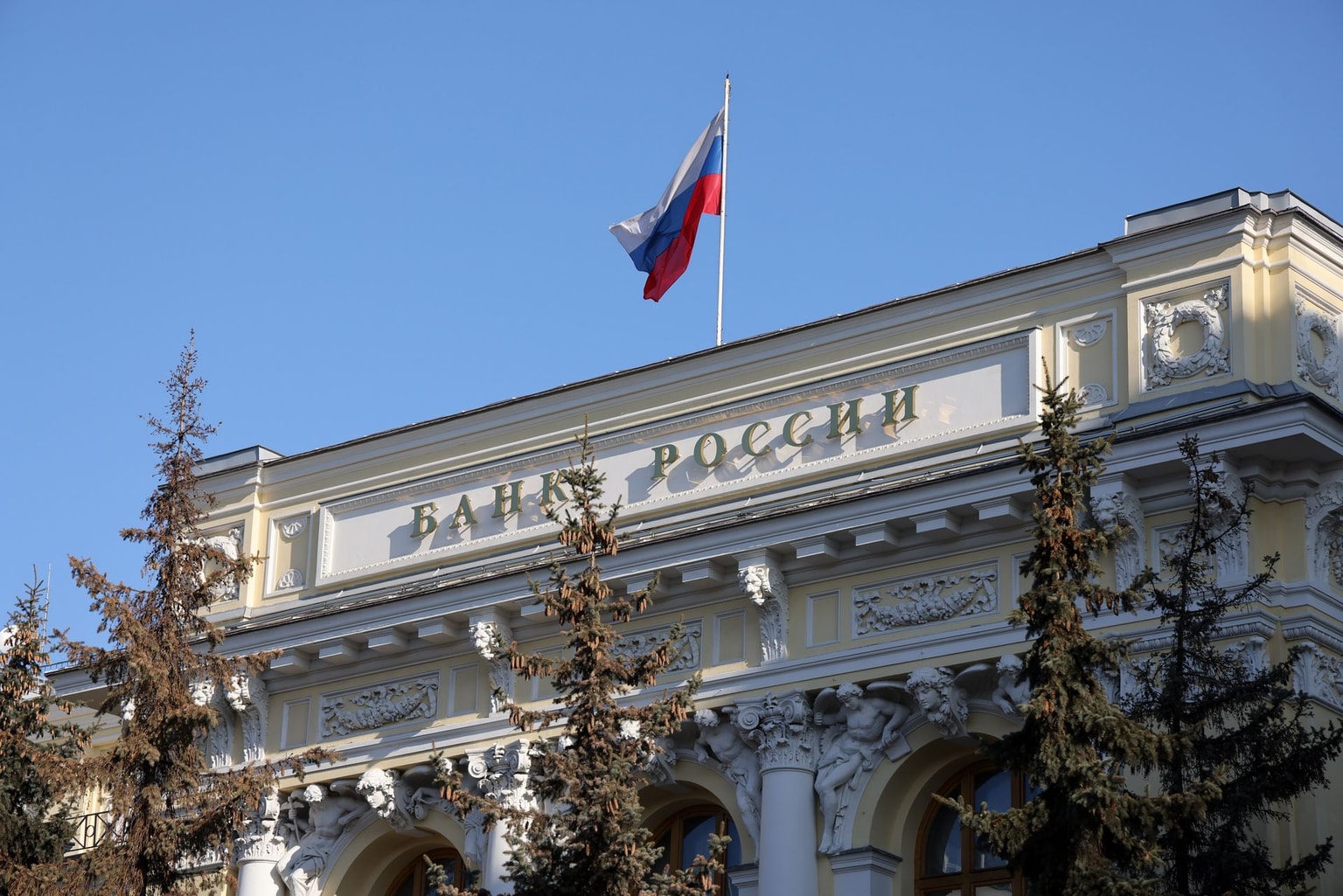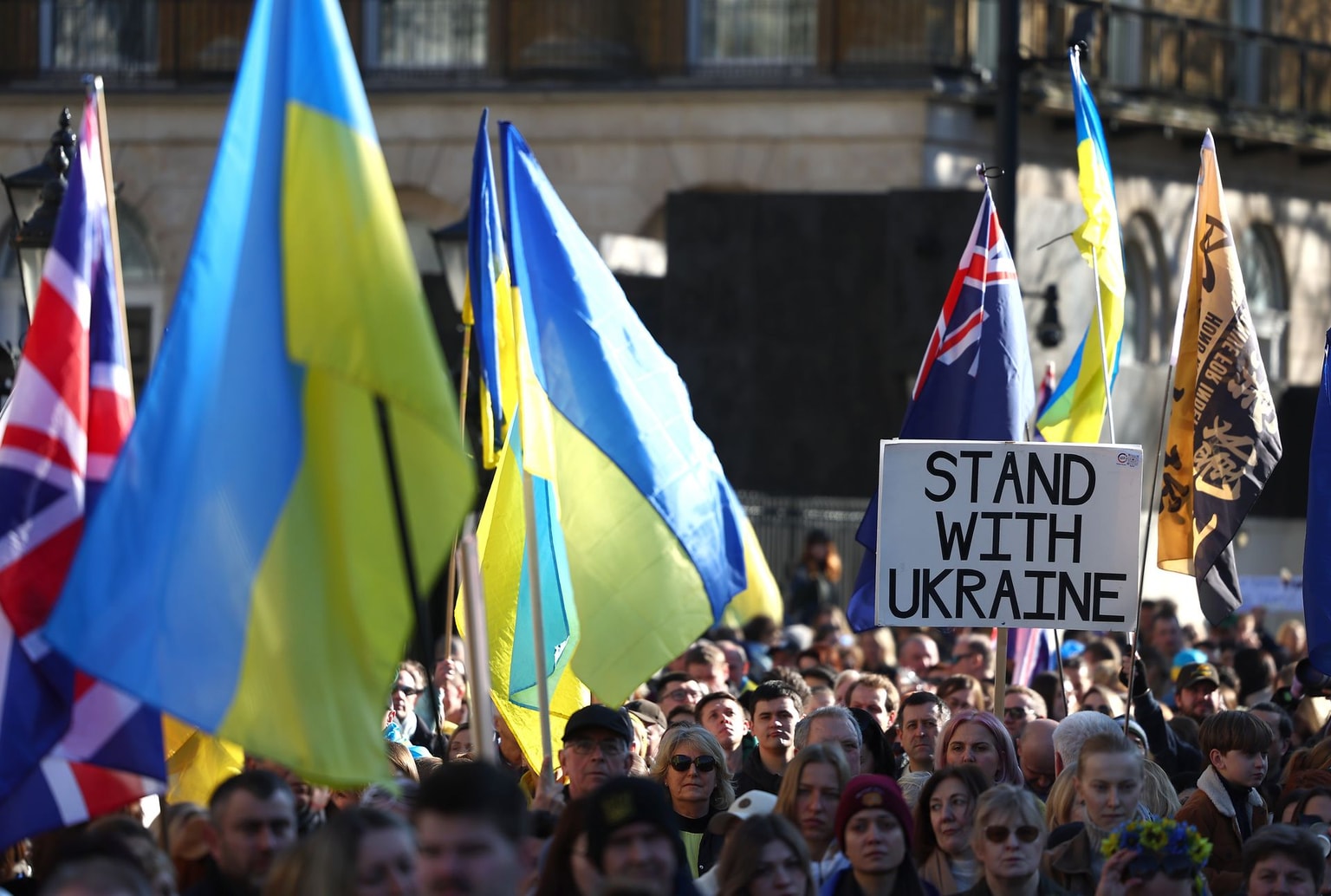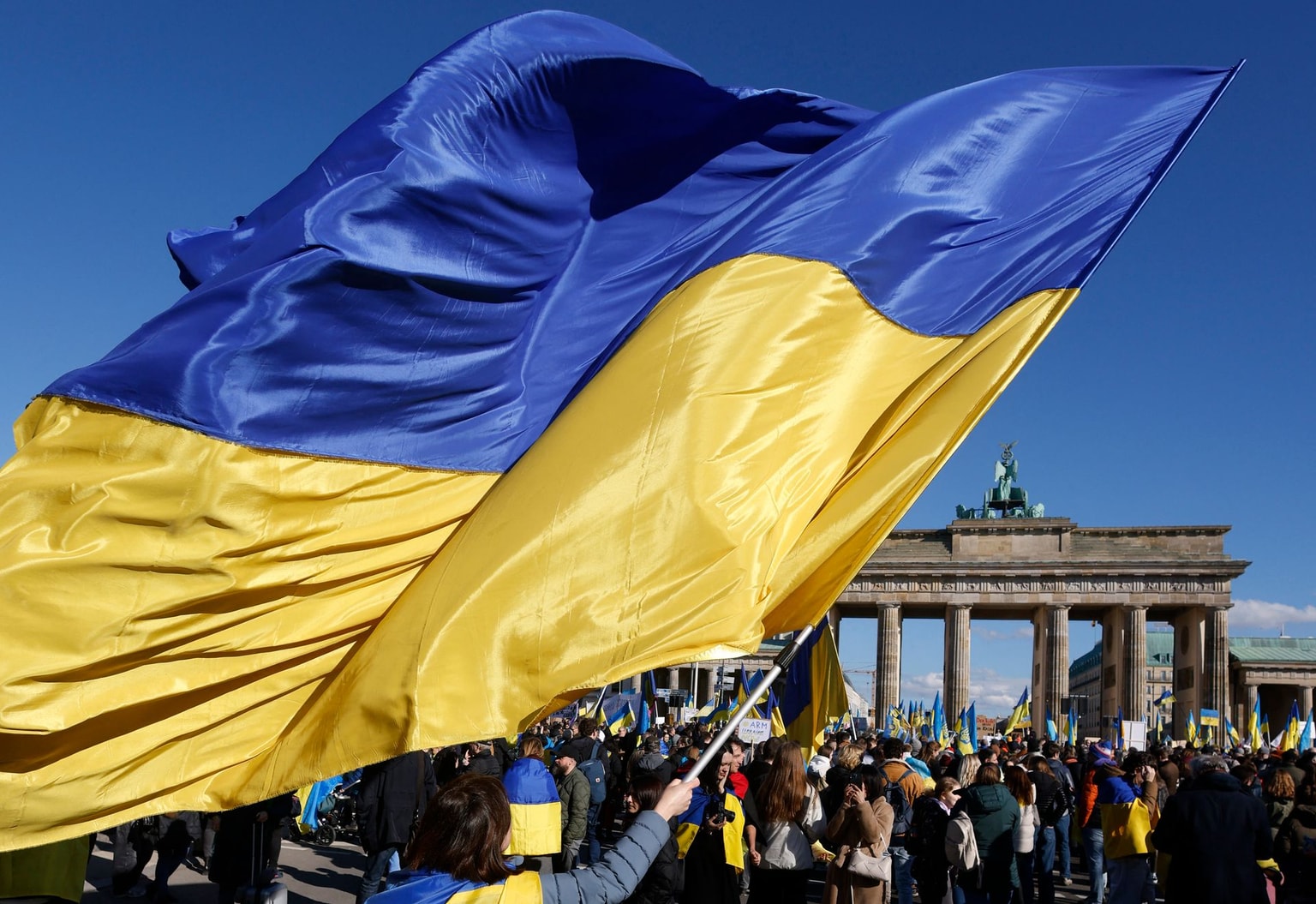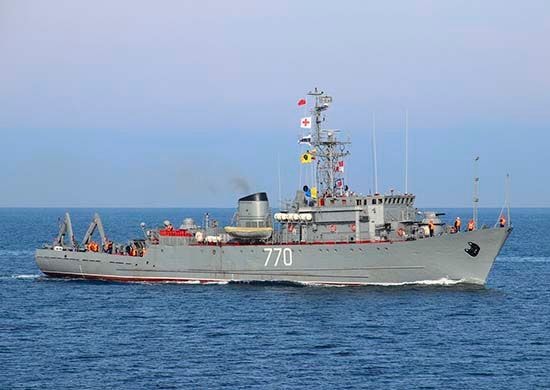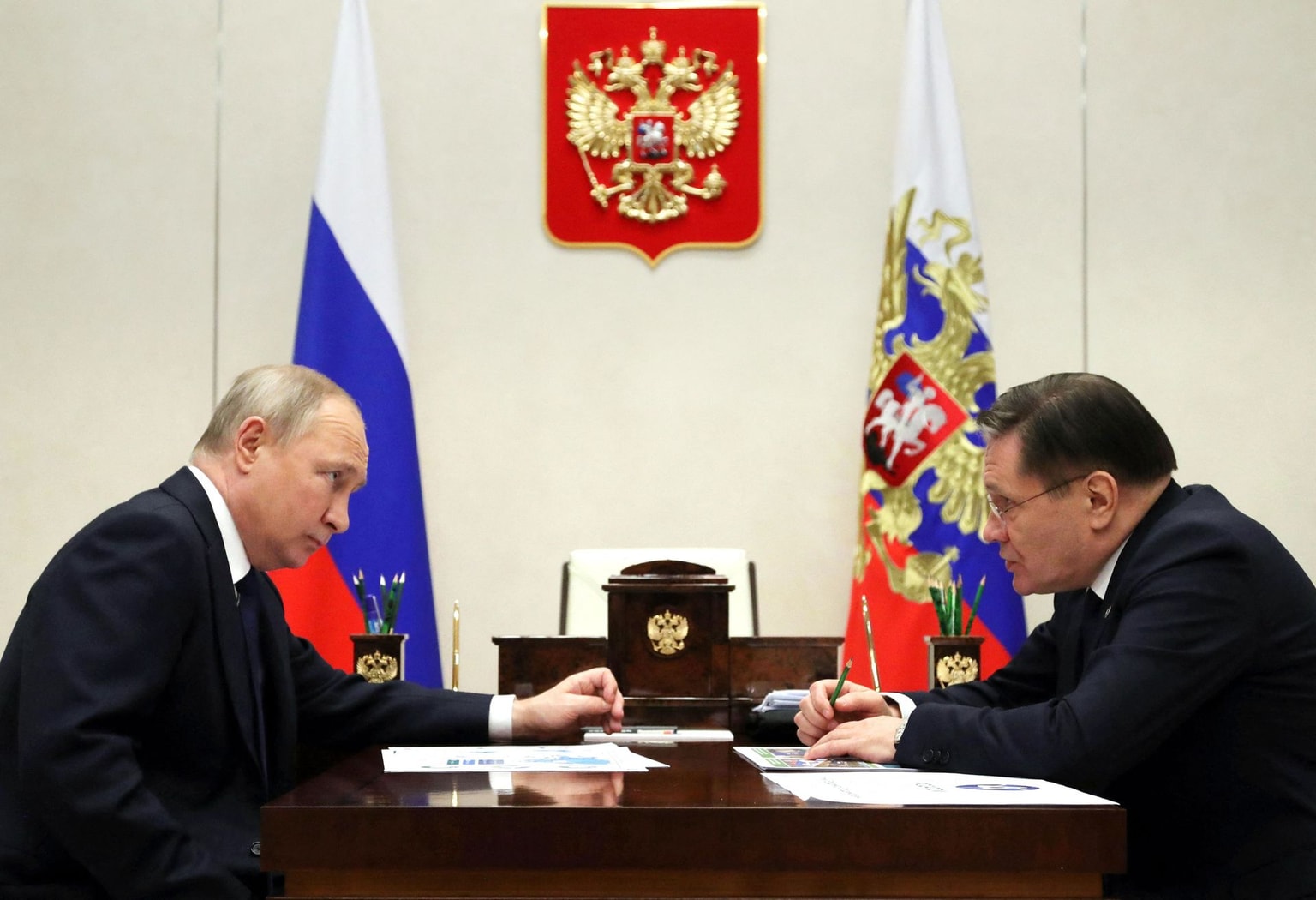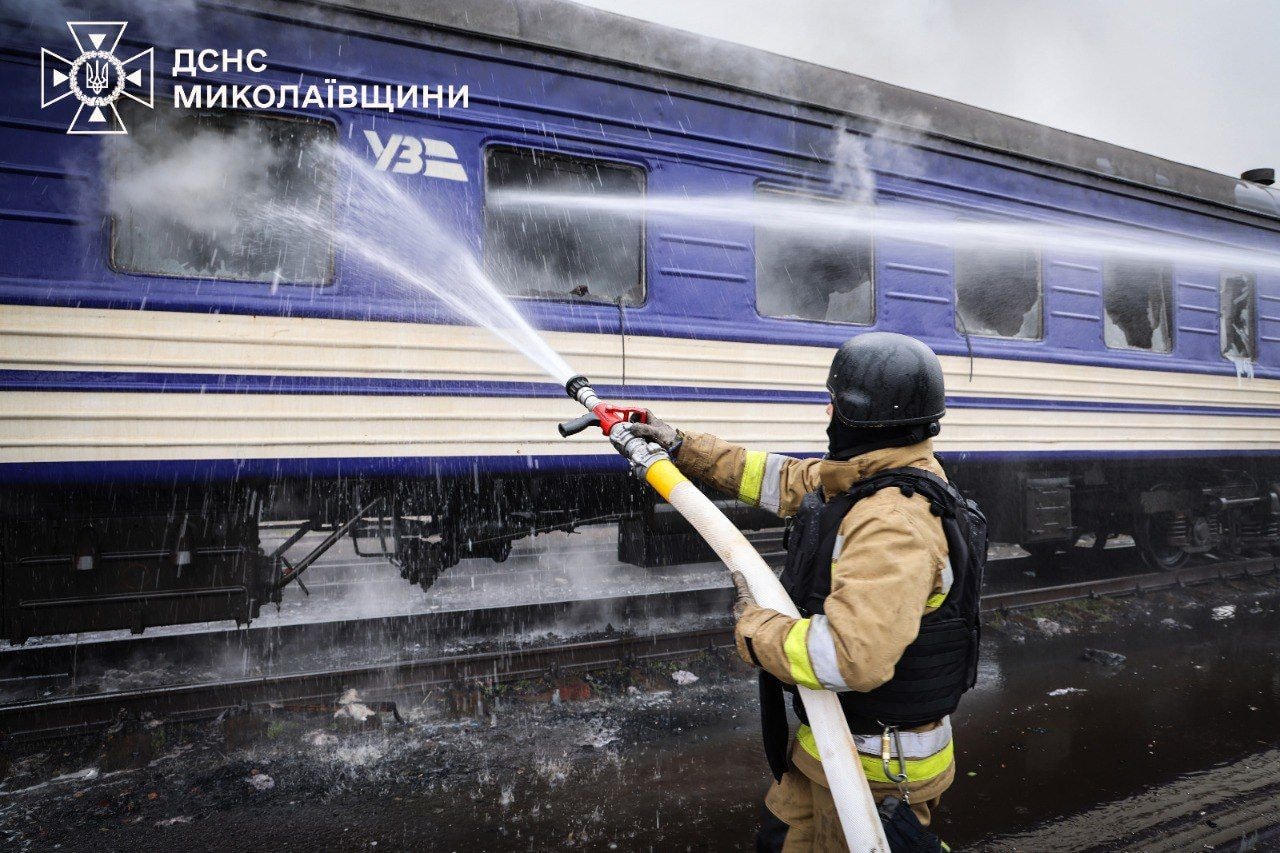
European Union

News Feed
Ukraine war latest: 200 Ukrainian POWs return home in latest exchange, Zelensky says
Ukraine has brought home 200 soldiers held in Russian captivity in the latest prisoners of war (POW) exchange on March 5, President Volodymyr Zelensky announced. The Russian Defense Ministry confirmed releasing 200 Ukrainian POWs in exchange for the same number of Russian soldiers captured by Ukraine, in a swap brokered by the U.S. and the United Arab Emirates. The released Russian POWs are currently in Belarus, receiving medical and psychological assistance, according to the ministry. "Every

Ukraine exports electricity for first time since last year
Ukrenergo told the Kyiv Independent that Ukraine resumed electricity exports on March 5 for the first time since November 2025.

Ukraine to provide US with 'necessary resources' to counter Iranian drones, Zelensky says
Zelensky's statement comes after the Financial Times reported on March 5, citing Ukrainain industry figures, that the Pentagon and at least one Gulf state are holding talks to purchase Ukrainian-made interceptors to counter Iranian drones.

Russia's transfer of 2 Ukrainian POWs to Hungary a 'provocation,' Ukraine says
Kyiv said it was an attempt to worsen Ukraine's relations with Hungary as part of Russia's hybrid aggression against Europe.
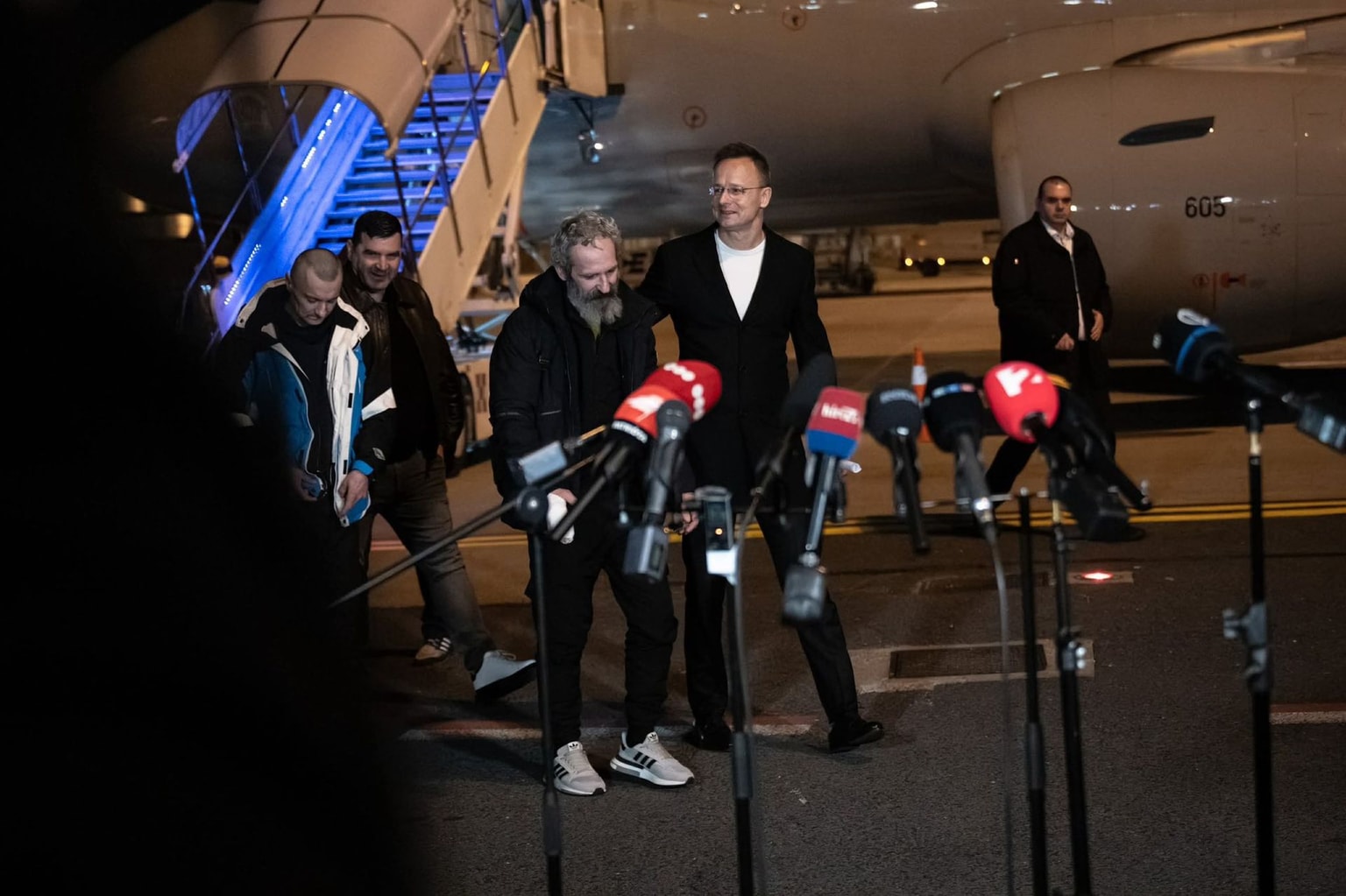
Orban threatens force over oil dispute; Zelensky says Ukrainian army could 'speak' to one EU funds blocker
President Volodymyr Zelensky said on March 5 he hopes the blocking of a 90 billion euro ($107 billion) European Union loan for Ukraine by "one person" will end, warning that otherwise he could give that individual's address to Ukraine's military.

No shortcuts for Ukraine's EU accession, Dutch FM says. Reforms key to progress
Two points remain high on Ukraine's agenda: surviving the Russian onslaught and joining the European Union. President Volodymyr Zelensky believes the two should be tied together, with his office proposing to engrave a set date for Ukraine's EU membership in a potential peace deal with Russia. Tom Berendsen, the new Dutch foreign minister, disagrees with this approach. "If you set a date, you need to make sure that you get (everything done before) the date. It needs to be a realistic date," Be

Most Popular
As markets opened on March 2, Russian officials were quick to frame the escalating Middle East crisis as an economic opportunity for the Kremlin. Within hours of the first U.S. and Israeli strikes, Russian Envoy Kirill Dmitriev quickly posted on X about crude potentially hitting "$100+" per barrel. Brent crude futures on the London ICE exchange initially had risen 13.04%, peaking at $82.37 per barrel — the highest level in over a year. Prices later eased to $79.38. The spike followed Iran's M

